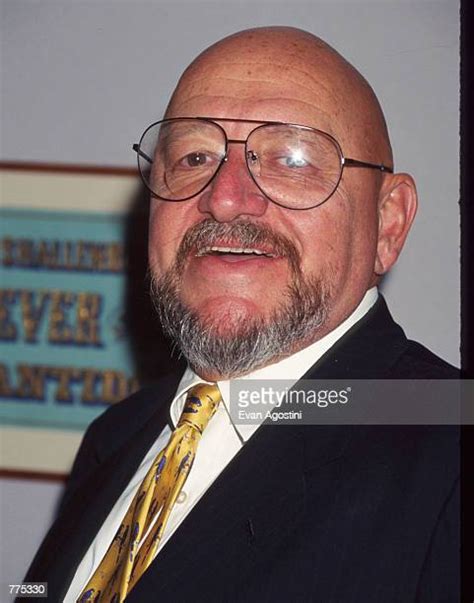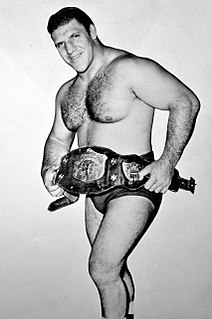A Quote by Alex Steffen
One of the most unfortunate side effects of the urban activism of the '60s and '70s is the belief that development is wrong and that fighting it makes you an environmentalist.
Related Quotes
We've gone through the urban renewal cycle in the '60s and '70s that really did a lot of damage to the fabric of urban life - neighborhoods bulldozed and highways pushed through, and all that kind of stuff that really destroyed the kind of social underpinning and the kind of mom and pop stores and all the stuff that makes a community viable.
When I began writing poems, it was in the late 60s and early 70s when the literary and cultural atmosphere was very much affected by what was going on in the world, which was, in succession, the civil rights movement, the antiwar movement, and the women's movement in the 60s, 70s, and into the early 80s. And all of those things affected me and affected my thinking, particularly the Vietnam War.






































